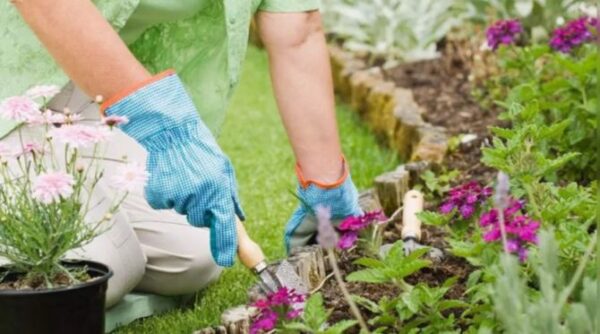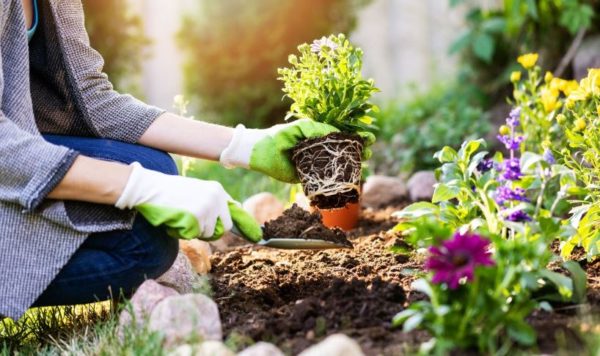Lifestyle
6 diseases one can acquire while gardening

Below are six significant risks connected with gardening and tips to help reduce these dangers.
Tetanus: The bacterium Clostridium tetani is found in soil, dust and manure causes ‘tetanus’. The toxin produced by this bacterium affects the nervous system and causes stiff painful muscle spasms, most commonly involving the jaw (which is the cause of “lockjaw”) but the case fatality rate is greater than 50% if not vaccinated, so this is a concern for gardeners who may be exposed to cuts or puncture wounds while digging in the soil.
Prevention and care: Ensure tetanus immunisations are up-to-date. Any cuts or scrapes should be washed immediately with soap and water, then covered with a clean dressing before going into the garden. Wear gloves to minimize the risk of cut or puncture wounds and avoid touching soil directly.
Legionnaires’ disease: Legionnaires’ disease happends due to Legionella, a germ that thrives in warm, stagnant water and is as apt to be in a compost heap as in a garden hose. This can be an extremely serious infection, causing pneumonia, and is especially perilous in elderly individuals and those with compromised immunity.
Prevention and care: Turn over and maintain moist but not soggy your compost piles. Avoid the use of a compost pile that has become visibly moldy or has an unpleasant odor. Use the safe water sources for irrigation and never use septic water from ponds or water in barrels which may not have been treated. Wash hands regularly with soap after touching compost or while working in wet conditions.
Leptospirosis: Leptospirosis is an infectious disease resulting from Leptospira bacteria in water contaminated by infected animal urine, particularly rats. The symptoms are mainly fever, chills, headache, muscle aches, but can also include more serious conditions like liver damage or meningitis.
Prevention and care: Gloves should be worn at all times when working with the soil or compost to prevent skin infection. Wet down dry soil before digging to prevent inhaling dust. When potting indoor in the potting soil or compost, ensure you maintain a good ventilation system to minimise spore inhalation.
Poison ivy and other skin irritants: One of the common plants that most gardeners are likely to encounter is poison ivy (Toxicodendron radicans), which causes an allergic contact dermatitis once the leaves, stem, or root touches the skin. Signs include redness, itching, and blistering.







